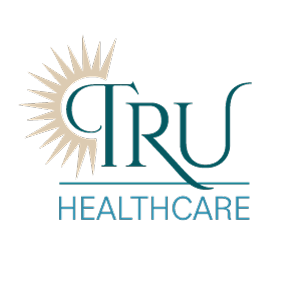The terms Alzheimer’s and dementia are often used interchangeably, when in fact “dementia” is an umbrella term for symptoms that cause a disruption in brain function, such as memory loss and changes in cognitive abilities. Alzheimer’s disease is just one type of dementia. As the Alzheimer’s Association further explains, dementia is a general term used to describe a “decline in mental ability severe enough to interfere with daily life. Alzheimer’s is the most common cause of dementia.” Alzheimer’s is a specific disease, (whereas dementia is not), and makes up 60 – 80% of dementia cases.
According to Alzheimer’s Disease International (ADI), almost 50 million people globally are affected by some form of dementia, with a new case occurring somewhere in the world every three seconds. This statistic is incredible and underscores the importance of knowing the difference between Alzheimer’s and dementia. Understanding the difference between the two terms will give you the tools and knowledge necessary to best care for your loved one.
Dementia
Although dementia typically involves memory loss, experiencing memory loss alone does not mean you have dementia. The symptoms an individual may experience will vary depending on the cause of dementia, but most common signs include, but are not limited to:
- Cognitive changes such as memory loss, difficulty communicating, confusion or feeling disoriented, or difficulty problem-solving or multi-tasking.
- Psychological changes that may include depression, anxiety, inappropriate behavior, and personality changes.
It’s important to remember that individuals are not always affected the same or experience the same symptoms as others. The damage to the nerve cells and connectors to the brain will affect each person uniquely, thus presenting different symptoms at different times.
Alzheimer’s Disease
This progressive neurological disorder causes a continuous decline in one’s independent functioning, affected by cognitive changes and skills such as social and behavioral. Scientists do not know the full extent of what causes Alzheimer’s disease, but they do see a small percent of patients that present mutations of certain genes, which would point to a genetic factor. Additionally, you may have heard the term plaques and tangles. Individuals with Alzheimer’s have these plaques and tangles in their brain and is one thing that leads to the impairment and brain cell disfunction. As the Mayo Clinic describes it, plaques are clumps of the beta-amyloid protein and tangles are fibrous tangles made up of the tau protein. Together the plaques and tangles disrupt and cause damage to the brain’s healthy neurons and the fibers that connect them.
Alzheimer’s Whisperer
At HealthStar Home Health, we understand how overwhelming and difficult it can be to care for a loved one with Alzheimer’s disease or other type of dementia. As a leading cause of death amongst seniors, it is a devastating diagnosis and one that truly affects the patient’s family members and caregivers alike. Knowing the difficulty in caring for a loved one with this disease, HealthStar developed a program, Becoming an Alzheimer’s Whisperer, which sets them apart from other home health care agencies.
This comprehensive and effective Alzheimer’s and dementia home care program is a unique approach to caring for individuals affected by dementia, whether the patient is living at home or in an assisted living community. Focusing on more than just nursing, this multi-disciplinary team of professionals come together to develop an understanding of how the disease is progressing at a personalized level, to then be able to provide friends and family with the tools necessary to support and care for their loved one.
If you know someone who has been diagnosed with Alzheimer’s disease or another form of dementia, let the caregivers and Alzheimer’s Whisperers at HealthStar Home Health help. Call us today for more information on how to become an Alzheimer’s Whisperer or how this program can help you care for your senior loved one.

